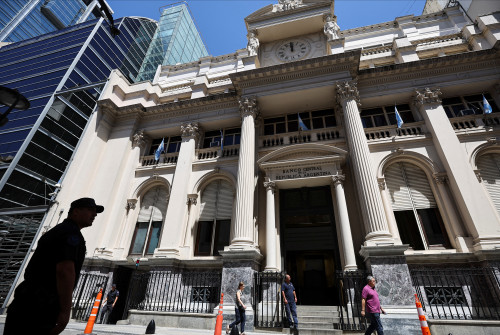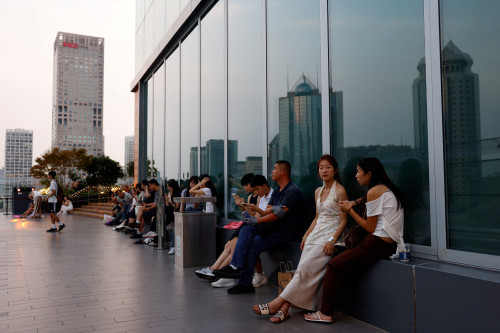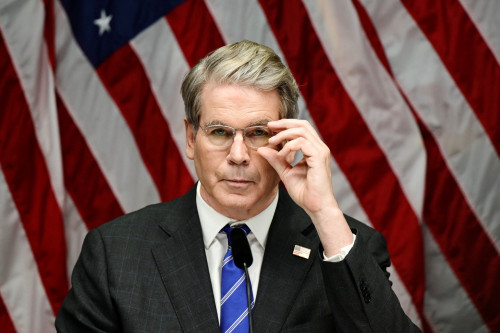By Catarina Demony and Miguel Pereira
LISBON (Reuters) – Cuban President Miguel Diaz-Canel promised on Friday his country would take part “very constructively” in a European Union summit next week with Latin America and the Caribbean, just days after the EU’s parliament called for sanctions against him.
Diaz-Canel met his Portuguese counterpart Marcelo Rebelo de Sousa on Friday and will also visit the country’s parliament. He will then head to Brussels, which on Monday is hosting the first summit in eight years of the EU and the Community of Latin American and Caribbean States (CELAC).
Cuba said on Monday it wanted stronger ties with Europe but criticised the EU’s approach to the summit as manipulative and opaque. Two days later, the European Parliament passed a resolution strongly criticising Cuba’s human rights record.
“This visit (to Portugal) is taking place in the context of the EU-CELAC summit… in which Cuba will participate actively and very constructively,” Diaz-Canel told reporters in Lisbon.
Standing next to him, Rebelo de Sousa said he hoped the summit would be successful, adding Portugal wanted to strengthen its ties with the Caribbean island. The EU remains Cuba’s top trade partner.
The EU parliament resolution called for sanctions against Diaz-Canel and other top officials, and suggested that “autocratic regimes should not participate in such summits”.
Cuba condemned this, saying the parliament lacked the authority to judge the country, and questioning the bloc’s objectives in re-launching the regional ties.
In July 2021, thousands of Cubans took to the streets in anti-government protests, the largest since Fidel Castro’s 1959 revolution. The Communist government then imprisoned hundreds of activists, drawing condemnation from both the EU and the United States.
The Cuban government says the United States helped incite the unrest and accuses those jailed of committing crimes ranging from vandalism to assault and sedition.
Diaz-Canel also thanked Rebelo de Sousa and the EU for their stance against the decades-old U.S. economic embargo on Cuba, which he described as the “main obstacle” to the country’s development.
(Reporting by Catarina Demony and Miguel Pereira; Editing by Frances Kerry)






